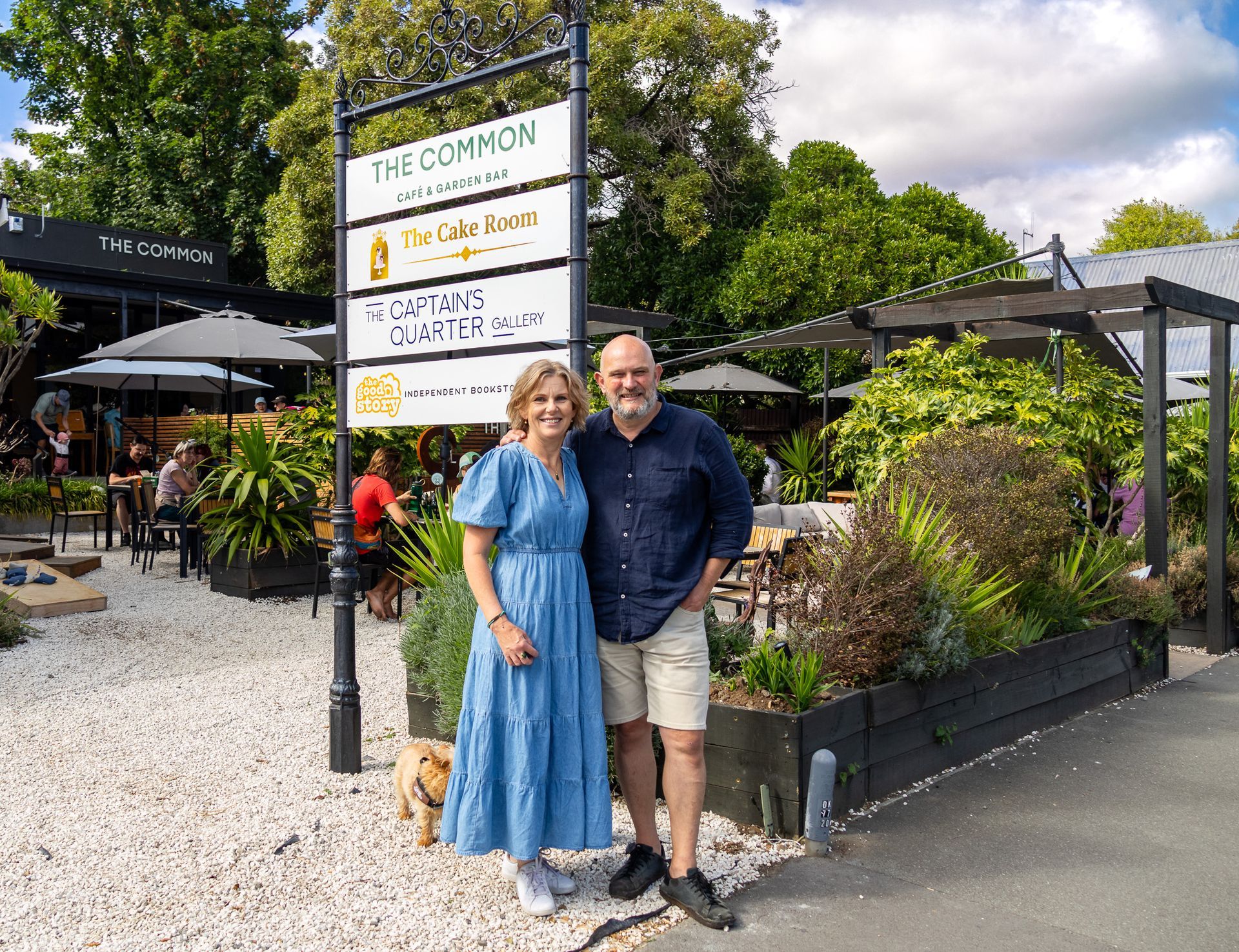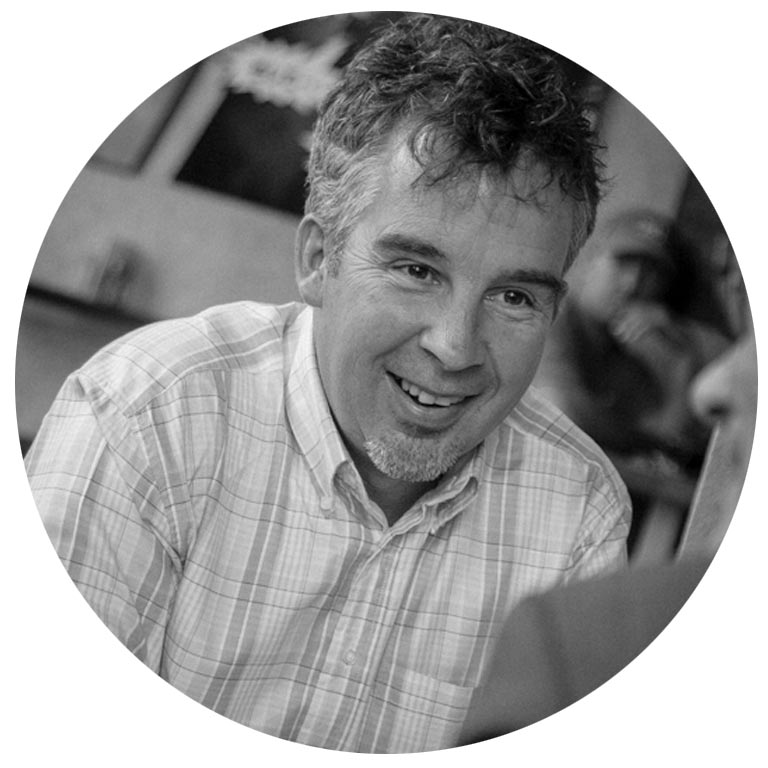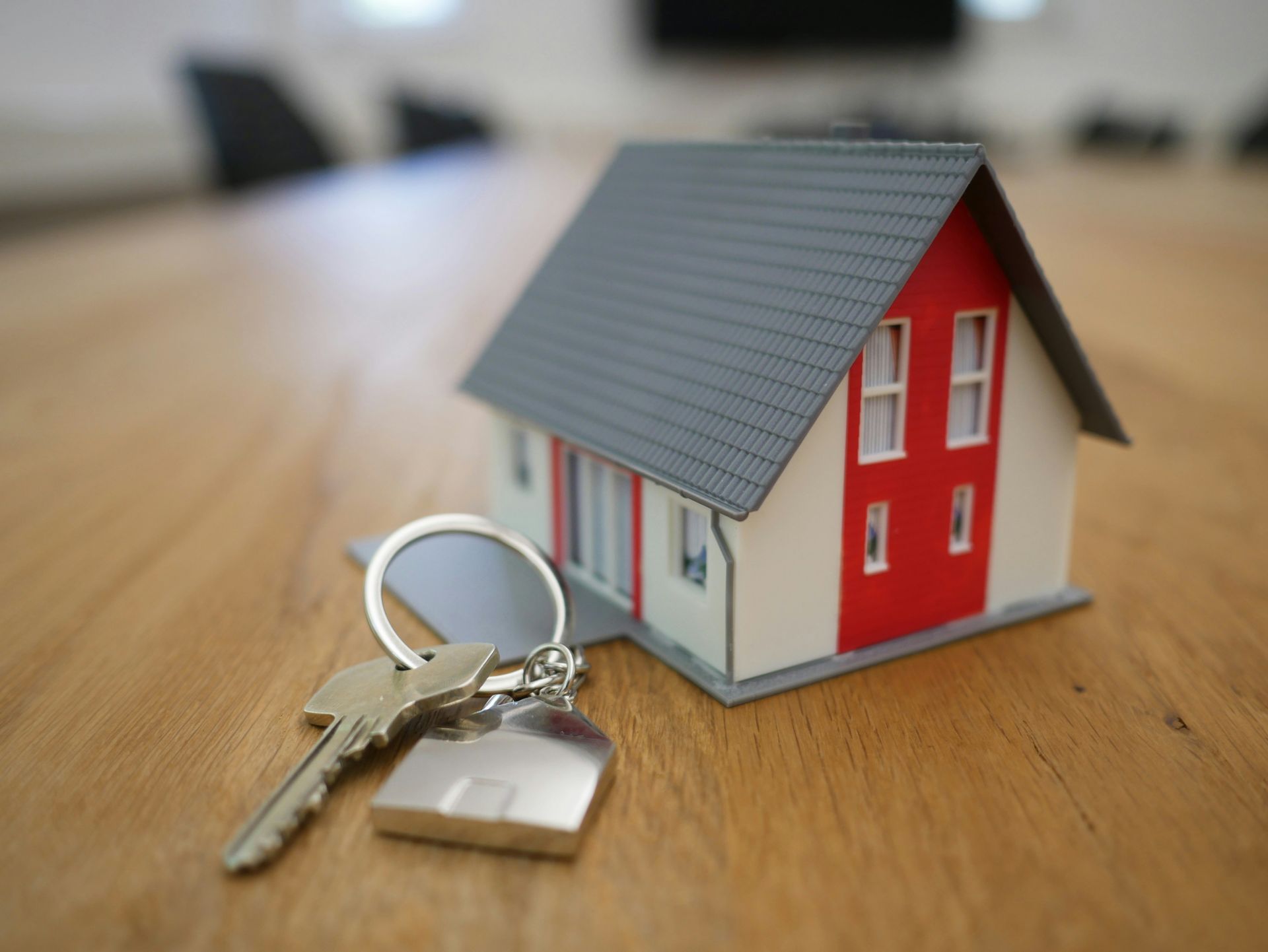Dr Chris Jansen from Leadership Lab and Dr Cheryl Doig from Think Beyond explore the acceleration of future-focused and flexible learning opportunities in a post-COVID-19 environment.
Time will tell whether our schools have been propelled into the future or whether they will retreat to protect the status quo. How will the 21st century skills we want for our children (creativity, collaboration, self-management and initiative and so forth) play out in the post-COVID-19 landscape?
What happens next? We have serious choices to make and options to consider as either scary threats or wonderful opportunities. As schools return onsite over the coming month an increasing number of students will want to continue to lead and self-manage their own learning. How will this work if teachers want to get back to ‘well-run classes’ and ‘tightly-structured timetables’? Likewise, some teachers (and students) will be desperate to get back to the familiar while others won’t want to go back to pre-lockdown structures and miss the golden opportunity that this has presented us in education.
We would all agree that we want to grow young people who have the knowledge, skills, values and attitudes that will help them thrive in the future - a future that will have significant differences from our own lives and certainly contain a higher degree of uncertainty, complexity and ambiguity. A key skill is the ability to self-manage and not rely on the teacher or school to do everything for you. This crucial skill has been tested and the need amplified as students learn to be more self-directed while learning at home over the last month. It raises an important key issue for learning. Who leads the learning? Who gets input? Whose voices are heard? What worldview has dominated our thinking? Have we been pleasantly surprised that most students have thrived in this? Why would we take this opportunity back from them?
Let’s look at one of the ‘sacred cows’ that has often created barriers to the development of flexible programmes that accentuate the growth of 21st century skills. The timetable organises the way learning is delivered to thousands of students by hundreds of teachers. However, this barrier can be reduced through a focus on the needs of the learners themselves, rather than the needs of the school and teachers. While in lockdown schools have seized the opportunity to explore different approaches. Some schools have created flexible timetables – from reducing the length of each period to students completely self-managing their own timetables. Times have been provided for students to come together for shared workshops and check-ins (i.e. synchronous learning) while also allowing them to work at their own pace, to suit their own context and needs (i.e. asynchronous learning). As we move forward (and back into our schools) there are continued opportunities for students to experience a mixture of face-to-face learning with some online learning. Hybrid models can enable learning to be more personalised to individual needs and blended models can make the best use of technology. Teachers can spend more time in small groups and one on one with students and less time in 1:25 groupings thus allowing learning to be designed around the specific needs of each individual or small group of students.
Given that over the last few weeks we as parents and the wider community have had the opportunity to see and be involved in a lot more of our children’s learning, perhaps it’s time to make some changes. It’s not about throwing out the baby with the bathwater but perhaps changing the bathwater. Honouring the past and building on successes is important and right now many of us are focused on coping with the present. But if we don’t lift our gaze to the horizon our children won’t be the sort of thinkers and doers that will propel us forward as a society, a country and a planet.
Dr Cheryl Doig is a leadership futurist who follows leadership trends and research and translates these into practice, working internationally and virtually with organisations, business leaders and educators. Her passion is for challenging organisations to think differently in order to adapt to a changing future – to think beyond their current leadership realities, while still using the best of the past.
Dr Chris Jansen is a director and senior consultant with Leadership Lab and works alongside organisations in the education, health, business and community sectors on a range of projects. Chris is also a senior lecturer at the University of Canterbury, where he teaches the Master of Business Administration and Postgraduate Diploma of Strategic Leadership.
Recent stories

All Rights Reserved | CountryWide Media




